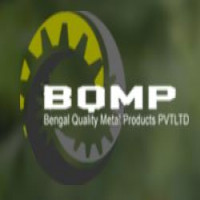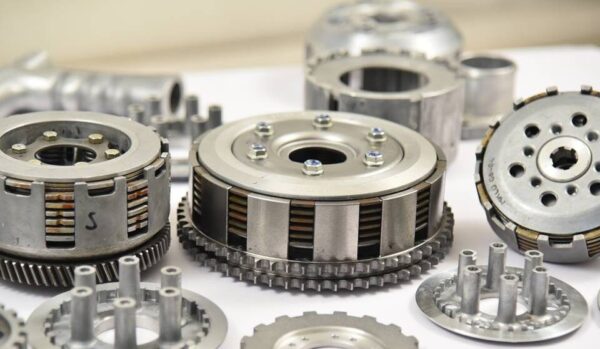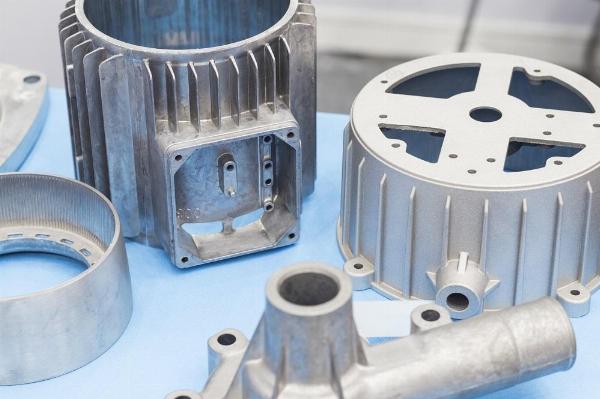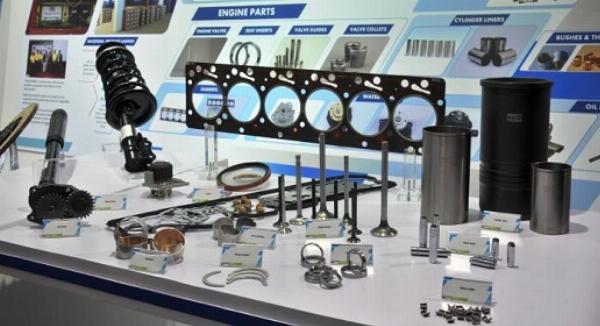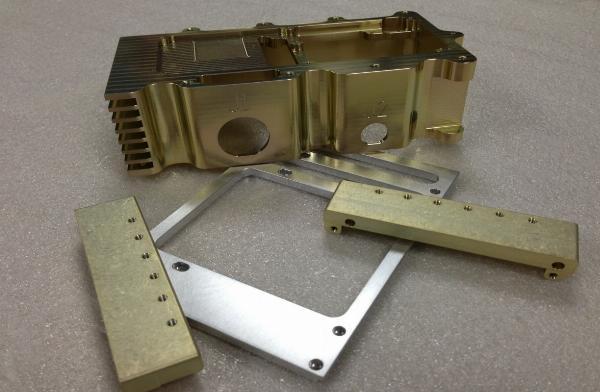The Magic of Hard Anodizing in Aluminum Casting - Know More
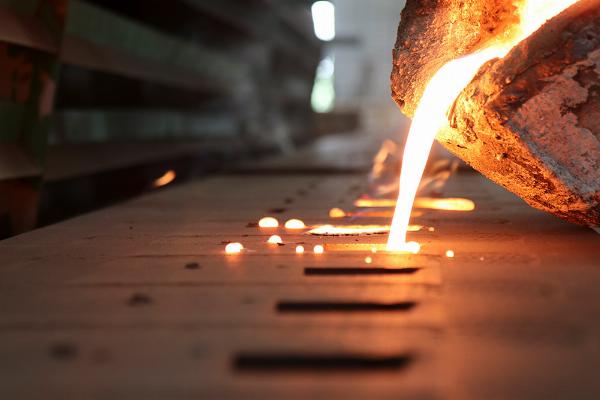
In the world of manufacturing, aluminum has earned a stellar reputation for its versatility, light weight, and resistance to corrosion. But what if you could enhance these properties even further? Enter hard anodizing—a process that revolutionizes aluminum casting services and opens up a world of possibilities.
What is Hard Anodizing?
Hard anodizing is an electrochemical process that transforms the surface of aluminum, making it harder, more durable, and better suited for various industrial applications. Unlike regular anodizing, hard anodizing forms a thicker oxide layer, which significantly enhances the metal’s properties.
Why is Hard Anodizing Important?
For industries relying on aluminum casting services, hard anodizing offers an array of benefits. From increased wear resistance to improved electrical insulation, the advantages are both varied and impactful. It allows aluminum casting suppliers to provide more robust solutions to their clients, improving the overall quality of their products.
The Science Behind Hard Anodizing
The hard anodizing process involves immersing aluminum parts in an acid electrolyte solution. By passing a direct current through the solution, the aluminum surface oxidizes, creating a dense, hard oxide layer. This layer significantly improves the metal’s hardness and other properties.
Benefits of Hard Anodizing
- Enhanced Wear Resistance
One of the primary benefits of hard anodizing is its ability to make aluminum more wear-resistant. The hard oxide layer protects the metal from abrasion, extending the lifespan of aluminum components used in various industries.
- Improved Corrosion Resistance
Aluminum is naturally resistant to corrosion, but hard anodizing takes this property to the next level. The thick oxide layer acts as a barrier, preventing corrosive elements from penetrating the metal and ensuring the longevity of aluminum parts.
- Better Electrical Insulation
For applications requiring electrical insulation, hard anodizing offers a significant advantage. The non-conductive oxide layer provides excellent insulation, making it a preferred choice for electronic components and other electrical applications.
Applications of Hard Anodizing in Aluminum Casting
- Automotive Industry
In the automotive industry, durability and performance are paramount. Hard anodized aluminum components, such as engine parts and transmission housings, offer the wear resistance and strength required to withstand the rigors of automotive applications.
- Aerospace Industry
Aerospace applications demand materials that are both lightweight and incredibly durable. Hard anodized aluminum meets these requirements, making it an essential material for components like landing gear, structural parts, and hydraulic systems.
- Electronics Industry
The electronics industry benefits from the electrical insulation properties of hard anodized aluminum. Components like heat sinks and circuit boards utilize hard anodized aluminum to improve performance and reliability.
The Role of Aluminum Casting Services
- Quality Control
Aluminum casting services play a crucial role in ensuring the quality of hard anodized components. Through stringent quality control measures, these services guarantee that the anodizing process meets industry standards and delivers consistent results.
- Custom Solutions
Every industry has its own unique requirements. An aluminum casting supplier offers custom solutions to meet these needs. Whether it’s specific dimensions, unique alloy compositions, or specialized surface treatments, aluminum foundry services provide tailored solutions.
Innovation and Development
Innovation is at the heart of aluminum casting services. By investing in research and development, these services continuously improve their processes. They offer advanced solutions, like hard anodizing, to meet evolving industry demands.
Choosing the Right Aluminum Casting Supplier
- Experience and Expertise
When selecting an Aluminum foundry service, experience and expertise are crucial. A supplier with a proven track record in hard anodizing will ensure that your components meet the highest standards of quality and performance.
- Certifications and Standards
Certifications and adherence to industry standards are indicators of a reliable aluminum casting service. Look for suppliers with recognized certifications to ensure that they meet the necessary quality and safety requirements.
- Customer Reviews and Testimonials
Customer reviews and testimonials provide valuable insights into the reliability and performance of Aluminum casting suppliers. Positive feedback from previous clients can give you confidence in your choice.
Investing in Aluminum Casting Services
- Cost-Effectiveness
Investing in an Aluminum investment casting foundry can be cost-effective in the long run. The durability and longevity of hard anodized components reduce the need for frequent replacements, saving both time and money.
- Enhanced Performance
By choosing hard anodized aluminum components, you’re investing in enhanced performance. Whether it’s improved wear resistance, better corrosion protection, or superior electrical insulation, the benefits translate to better overall product performance.
- Long-Term Benefits
The long-term benefits of hard anodizing extend beyond immediate cost savings. Enhanced durability and performance lead to improved customer satisfaction and a stronger reputation for quality.
Real-World Examples of Hard Anodizing
- Case Study 1: Automotive Parts
A leading automotive manufacturer faced issues with the wear and tear of aluminum engine components. By switching to hard anodized parts, they significantly extended the lifespan of these components, reducing maintenance costs and improving vehicle performance.
- Case Study 2: Aerospace Applications
An aerospace company needed lightweight, durable materials for landing gear components. Hard anodized aluminum provided the perfect solution, offering the required strength without adding unnecessary weight.
- Case Study 3: Electronic Devices
A tech company developing advanced electronic devices utilized hard anodized aluminum for heat sinks. The improved thermal conductivity and electrical insulation properties enhanced the performance and reliability of their products.
Note: IndiBlogHub features both user-submitted and editorial content. We do not verify third-party contributions. Read our Disclaimer and Privacy Policyfor details.

